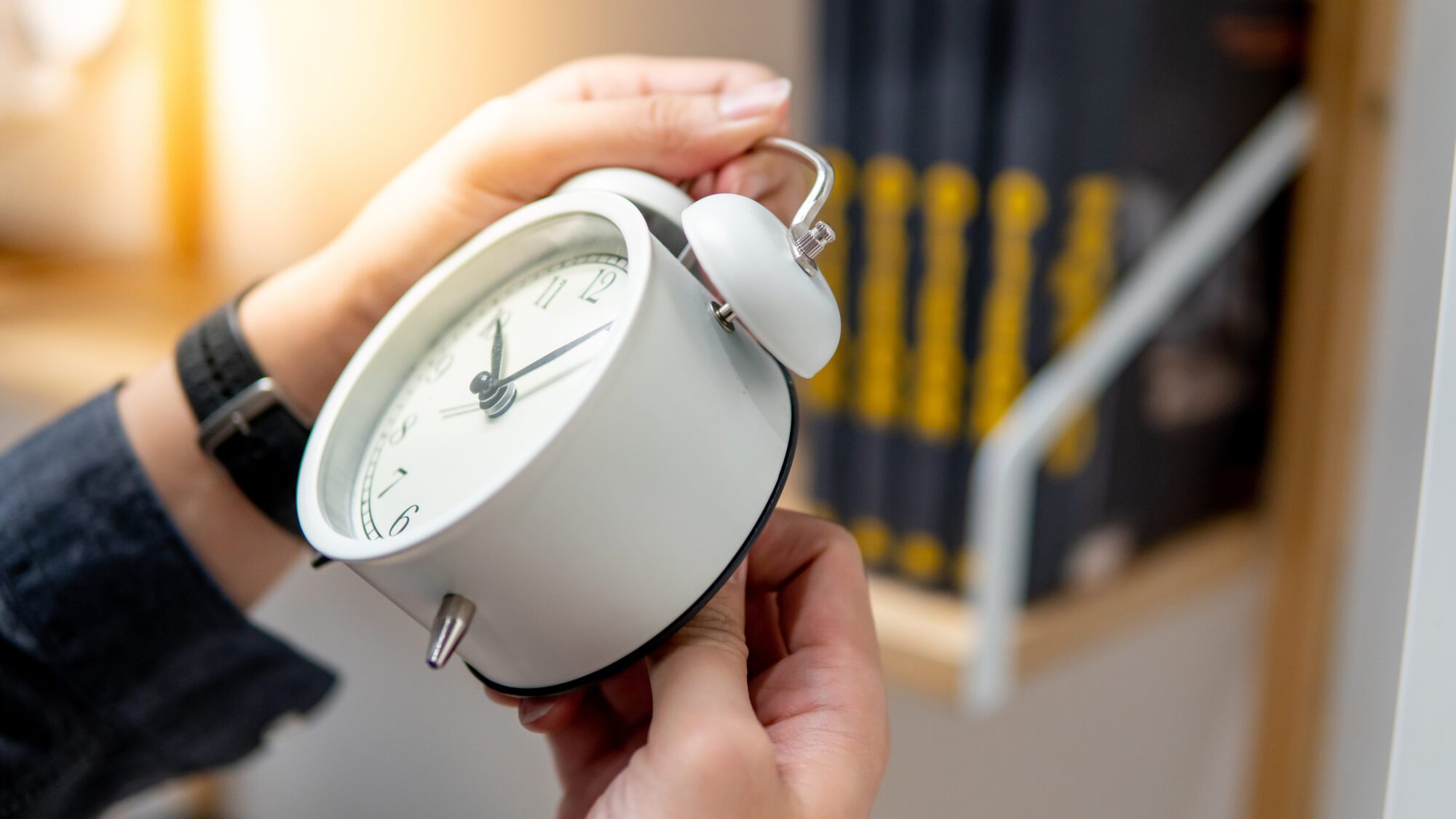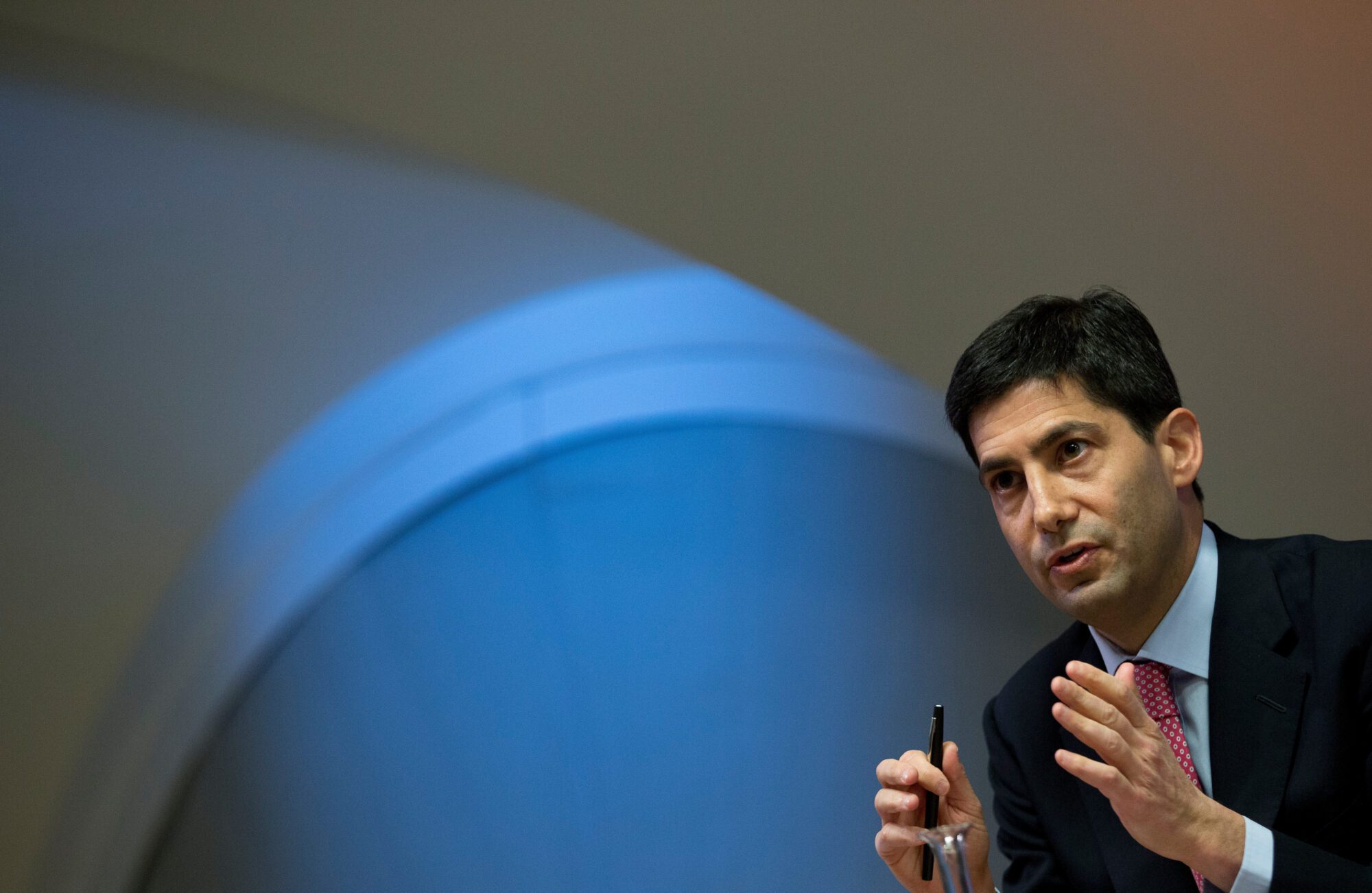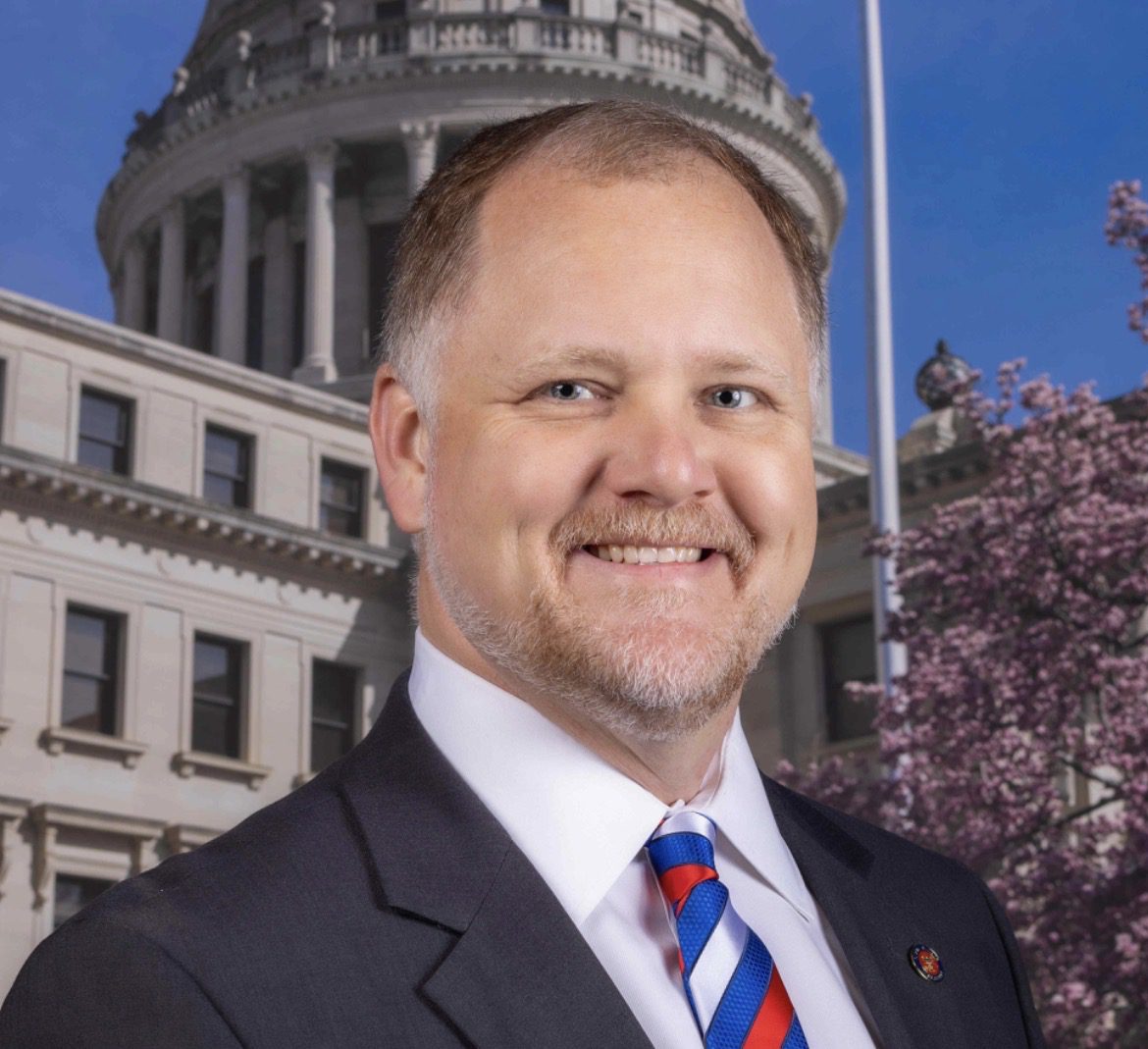
Y’all Politics brings you a Bill of the Day from the Mississippi Legislature that just may pique your interest.
Homeschool parents pay the same local and state taxes as those who send their children to public school, yet do not enjoy any benefit from those investments. A bill in the Mississippi Legislature this session could change that.
State Rep. Randy Boyd (R) is seeking to change that with his version of what is being called the “Tim Tebow Act,” named after the Florida homeschooler who participated in public school athletics and went to win the Heisman Trophy as a famed quarterback for the University of Florida.
At least 30 other states have similar laws that allow homeschool students to participate in public school extracurricular activities, including academic clubs, choir, band, arts, and athletics. Mississippi currently does not.
Neighboring state Alabama changed its eligibility rules in 2016 to allow homeschool students to participate in public school athletics. In 2013, according to Responsible Homeschooling, Arkansas passed legislation giving homeschool students the ability to participate in interscholastic activities if they score at least in the 30th percentile on their annual nationally standardized achievement test. Florida grants homeschool students full access.
Public school lobbyists determined to protect their turf have traditionally opposed such legislation. Opponents have tiredly contended over the years that participating in public school extracurriculars is a privilege, adding that homeschool students are not held to the same standards as their public school counterparts. Those against this also routinely discount the investment the parents share in funding those programs through taxes, saying those families chose not to be in public schools and thus should not benefit from its offerings.
Rep. Boyd’s bill – HB 498 – establishes a set of metrics in Mississippi that would level the field for homeschoolers while addressing the opposition’s concerns related to standards and attendance.
The bill says a student being educated in a homeschool is eligible to participate in interscholastic extracurricular activities sponsored by or engaged in by the public school to which the student would be assigned according to the attendance policies of the school district in which the student resides or which the student could choose to attend pursuant to any open enrollment policies in the same school district.
The bill goes on to outline the requirements for homeschool student participation, saying those students must:
- Pay any participation or activity fee in an amount equal to the fee charged to public school students;
- Adhere to the same standards of behavior, responsibility, performance and code of conduct as public school participants in the extracurricular activity;
- Adhere to the same academic standards as other participants, with the student’s performance in relation to those standards confirmed by appropriate documentation provided by the student to the public school in which the student will participate in the extracurricular activity;
- Register with the school the student’s intent to participate in the extracurricular activity as a representative of the school before the beginning date of the semester during which the extracurricular activity in which the student wishes to participate is offered;
- Comply with the same physical examination, immunization, insurance, age and semester eligibility requirements as public school students participating in the extracurricular activity.
The bill notes that in selecting the members of an interscholastic extracurricular team, a public school may not discriminate against a student being educated in a homeschool who is eligible to participate in an interscholastic extracurricular activity.
In addition, Rep. Boyd’s bill would allow students being educated in a homeschool to organize and form interscholastic extracurricular activity teams comprised solely of students from different families or households who are being educated in a homeschool for the purpose of engaging in academic and athletic extracurricular competitions with public schools.

The Mississippi Department of Education reports a steadily declining public school student population of 442,000, down 36,000 students (7.6%) from just five years ago. Much of that decline is driven by fewer enrollees in kindergarten and a spike in homeschooling.
You can read the full version of the bill here.











